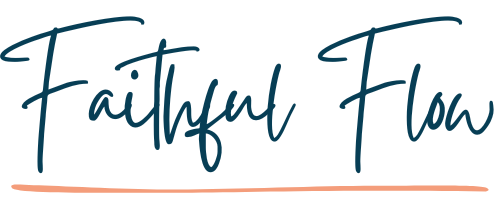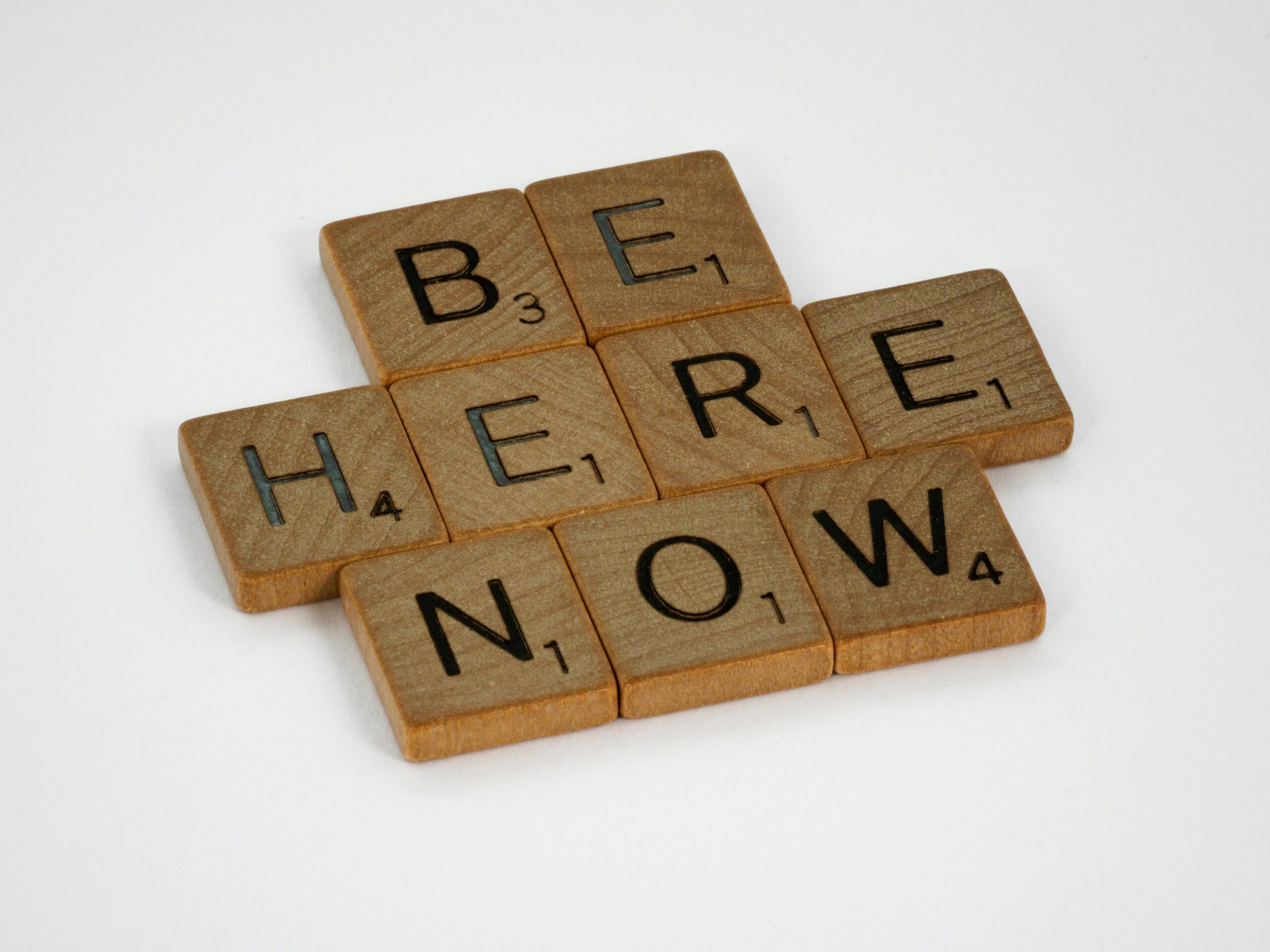‘Tis the season for goals and resolutions. Not all goals are created equally, though, and mastering the art of goal-setting is a fundamental skill for personal and professional growth. Once you identify a value-based goal you would like to pursue, crafting that goal in a way that gives you clear direction and accountability is essential. SMART goals can help you achieve this by providing a framework to work with.
What are value-based goals? Find out in this blog.
By incorporating Specific, Measurable, Achievable, Relevant, and Time-bound elements into your goals (commonly known as SMART goals), you set yourself up for focused and purposeful growth. These goals clarify your objectives and increase your likelihood of achieving them by breaking them down into smaller, measurable steps.
Understanding SMART Goals:
Specific
The first criterion for a SMART goal is specificity. Vague or ambiguous goals make it difficult to know precisely what needs to be achieved. Instead, clearly define the who, what, where, when, and why of your goal. Your goal should be clear, concise, and well-defined. Example: “I want to improve my cardiovascular health by running three miles three times a week.”
Measurable
To gauge progress and success, your goals must be measurable. Establish concrete criteria for measuring your goal’s achievement. You can break a significant goal into smaller bites as much as needed to help you keep track of your accomplishments. Consider incorporating numbers, percentages, or specific milestones to help measure your progress. Example: “I will track my progress by recording the time it takes me to run three miles, aiming for a 2% improvement each week.”
Achievable
While it’s important to set ambitious goals, they must also be realistic and attainable. An achievable goal challenges you without setting you up for failure. Consider your resources, skills, time constraints, and capabilities to determine if a goal is attainable. Example: “Given my current fitness level, dedicating 30 minutes to running three times a week is a reasonable and achievable commitment.”
Relevant
Goals should align with your overall objectives, aspirations, and values. A relevant goal contributes to your long-term vision and enhances your growth. Appropriate goals are directly tied to setting value-based goals. Example: “Improving my cardiovascular health aligns with my overall value of leading a fulfilling life where I have the energy to play with my kids and do things I enjoy.”
Time-Bound
Setting a deadline provides a sense of urgency and helps prevent procrastination. Without a timeframe, goals can become open-ended, diminishing their impact. If you have a significant goal broken down into multiple steps, each step should have its own timeline to help keep you on track. Be specific about when you aim to achieve your goal, and ensure the timeframe is realistic. Example: “I will achieve a 10% improvement in my running time within the next eight weeks.”
Putting it All Together
Now that we’ve broken down the components of SMART goals let’s review a comprehensive example of a typical New Year’s resolution: “I want to get healthy.”
Here it is in a SMART goal format:
I will enhance my physical health and reduce stress through consistent yoga practice.
- I will commit to doing at least 20 minutes of yoga four times a week.
- I will do 5-10 minutes of meditation or breath prayer three times a week.
- I will track my daily progress using a journal, including my completed activity and notes on my current mood, stress level, or other noticeable health benefits. I will document my stress level on a 1-10 scale.
- I will review my weekly data on Sunday evenings and tally up my stress scores.
- I aim to have a 10% reduction in stress by eight weeks.
Breaking Down This SMART Goal for Yoga:
- Specific: Focuses on yoga, meditation, and breath prayer activities.
- Measurable: Sets clear metrics by tracking daily activities of time for physical health, mood, and stress level to reduce stress.
- Achievable: Recognizes the need for a realistic commitment, allocating 5-20 minutes daily.
- Relevant: Aligns with the broader objective of promoting holistic well-being and overall health.
- Time-Bound: There are weekly time-bound elements of reviewing activities and an eight-week benchmark for reduced stress.
Advantages of SMART Goals
Using SMART goals has several advantages and offers a structured and systematic approach to achieving your aspirations.
- Clarity: Clearly defined goals provide a roadmap for success.
- Motivation: SMART goals keep you motivated because you clearly understand what you are working towards. Consistent tracking of progress toward your goal helps you celebrate the small victories you may overlook otherwise.
- Focus: SMART goals help you prioritize and concentrate on what truly matters.
- Accountability: The structure of SMART goals encourages accountability as progress can be easily measured.
- Adaptability: The regular evaluation built into SMART goals provides valuable feedback and the opportunity to adjust your strategies if necessary.
Crafting SMART goals is the key to turning abstract aspirations into tangible achievements. By applying the principles of specificity, measurability, achievability, relevance, and time-bound parameters to your goals, you set the stage for meaningful and sustainable change. Remember, a well-crafted SMART goal is not just a wish but a roadmap to a more balanced and fulfilling life.
Interested in Christian yoga? Check out this At-Home Yoga Retreat that will help you to set value-based goals for the new year.
Tonya is a 500hr RYT based in Coastal Mississippi. She loves that she gets to share the joy and healing that yoga brought to her life. In addition to teaching yoga, she flips houses with her husband. Tonya is a travel enthusiast who loves the outdoors and adventure. You'll find her at the local beach, volunteering at the animal shelter, and playing with her forever and foster dogs.





0 Comments